Media Release from ARC Centre of Excellence for Coral Reef Studies and co-author Professor John Pandolfi
Climate change is affecting most life on Earth, despite an average global temperature increase of just 1oC, say leading international scientists in a study published today in Science.
The scientific team, including researchers from the ARC Centre of Excellence for Coral Reef Studies (Coral CoE), The University of Queensland and the Queensland Museum in Australia, identified key ecological processes necessary to support healthy terrestrial, marine and freshwater ecosystems. The study found that 82% of these processes, affecting genes to entire ecosystems, have been impacted by global warming.
The effects of these changes extend beyond natural ecosystems and increasingly impact the health and wellbeing of human societies.
“Temperature extremes are causing evolutionary adaption in many species, changing them genetically and physically,” says Professor John Pandolfi of the Coral CoE and University of Queensland. “These responses include changes in tolerances to high temperatures, shifts in sex-ratios, reduced body size and migration of species.”
“In marine systems, physiological responses to both climate warming and changing ocean conditions are widespread,” he adds.
“People depend on healthy ecosystems for a range of goods and services, including food and clean water. Understanding the extent to which ecosystems have been impacted allows us to plan and adapt to rapid change.”
“Some people didn’t expect this level of change for decades,” says senior author Associate Professor James Watson, from the University of Queensland. “The impacts of climate change are being felt everywhere, with no ecosystem on Earth being spared. It is no longer sensible to consider climate change as a concern only for the future.”
”Emissions targets must be actively achieved and time is running out for a synchronised global response to climate change that safeguards biodiversity and ecosystem services,” he adds.
“The study shows that genes, organisms, populations, species and processes are being impacted across all of Earth’s major ecosystems,” says Dr Tom Bridge from the Coral CoE and Queensland Museum.
“These multi-level biological impacts of climate change will affect humans. Increasing disease outbreaks, inconsistent crop yields and reduced fisheries productivity all threaten our food security.”
These biological impacts, together with the renewed challenges to meet global emissions targets, highlighted by the recent UNEP Emissions Gap Report, show just how much work needs to be done to safeguard biodiversity in an era of global warming,” adds Prof Pandolfi.
Paper
The broad footprint of climate change from genes to biomes to people by Brett R. Scheffers, Tom C. L. Bridge, John M. Pandolfi, James, E.M. Watson et al. is published in Science. DOI: 10.1126/science.aaf7671 PDF
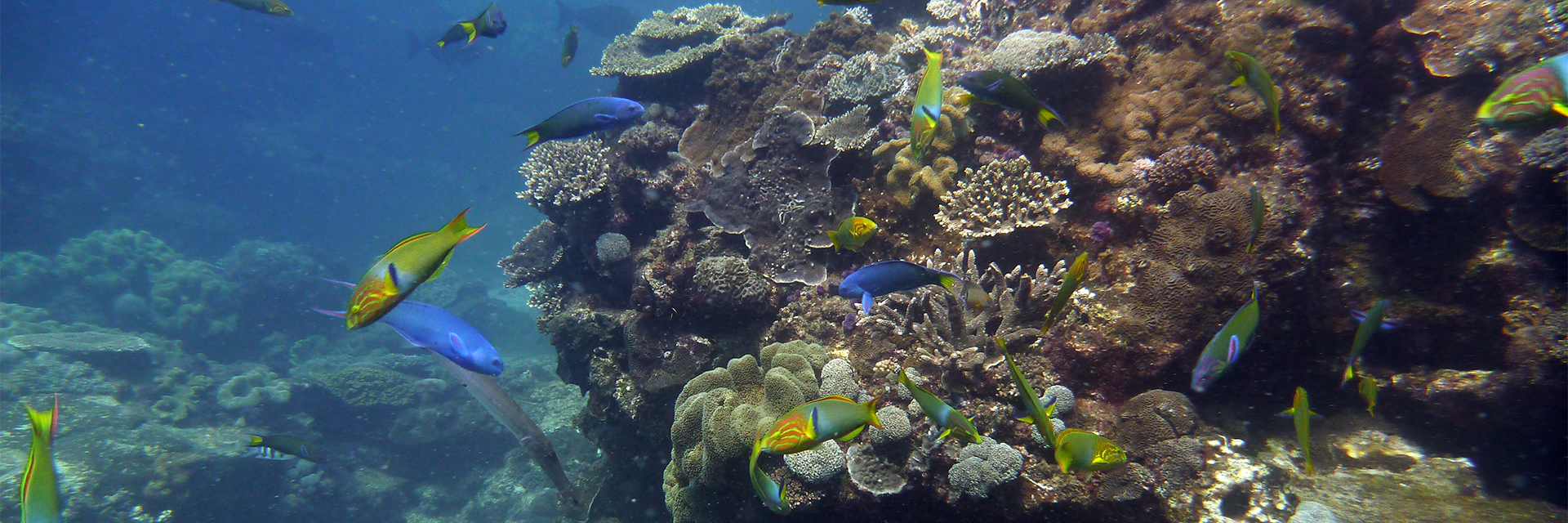
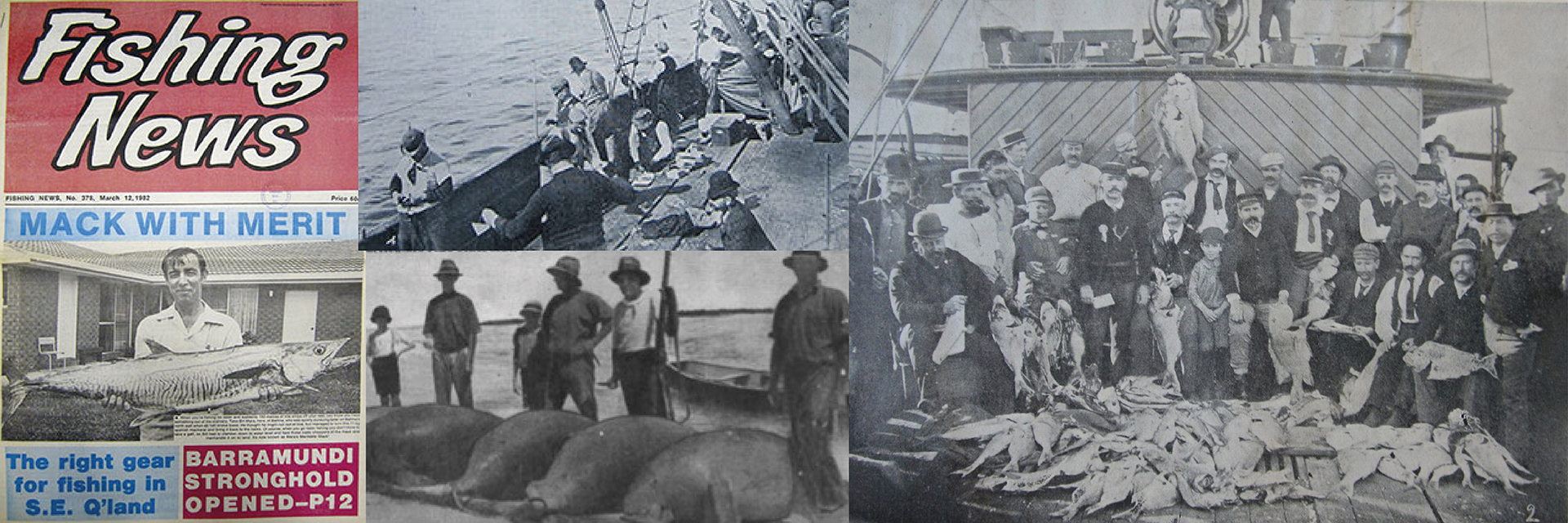
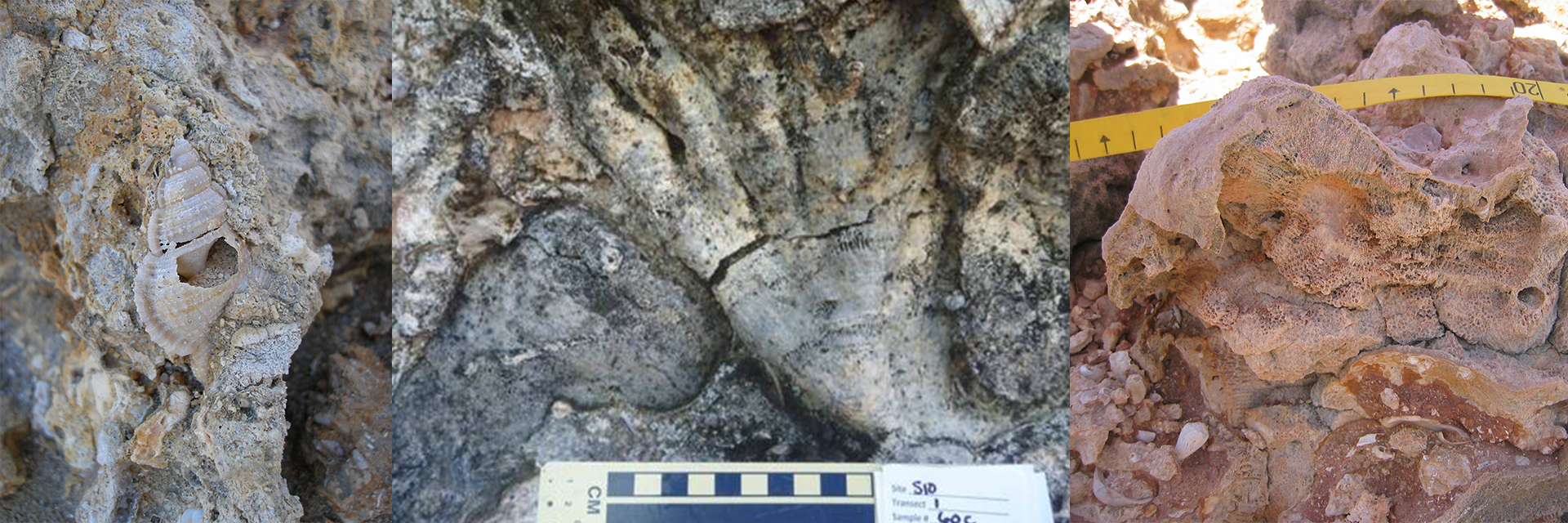

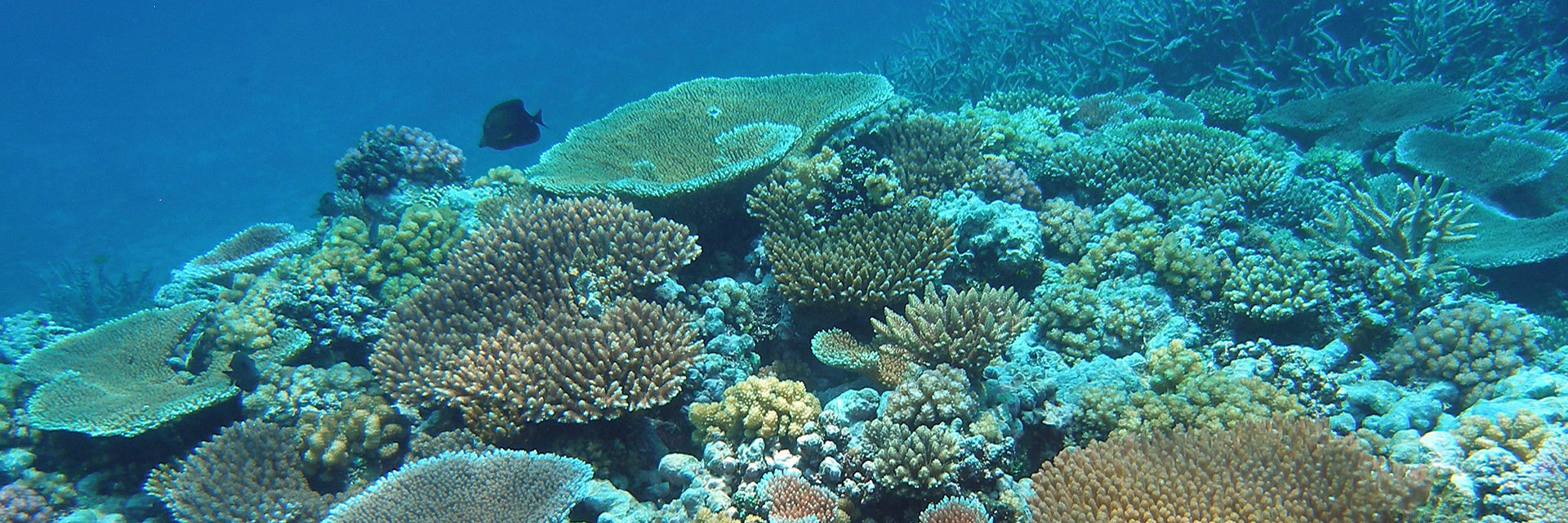
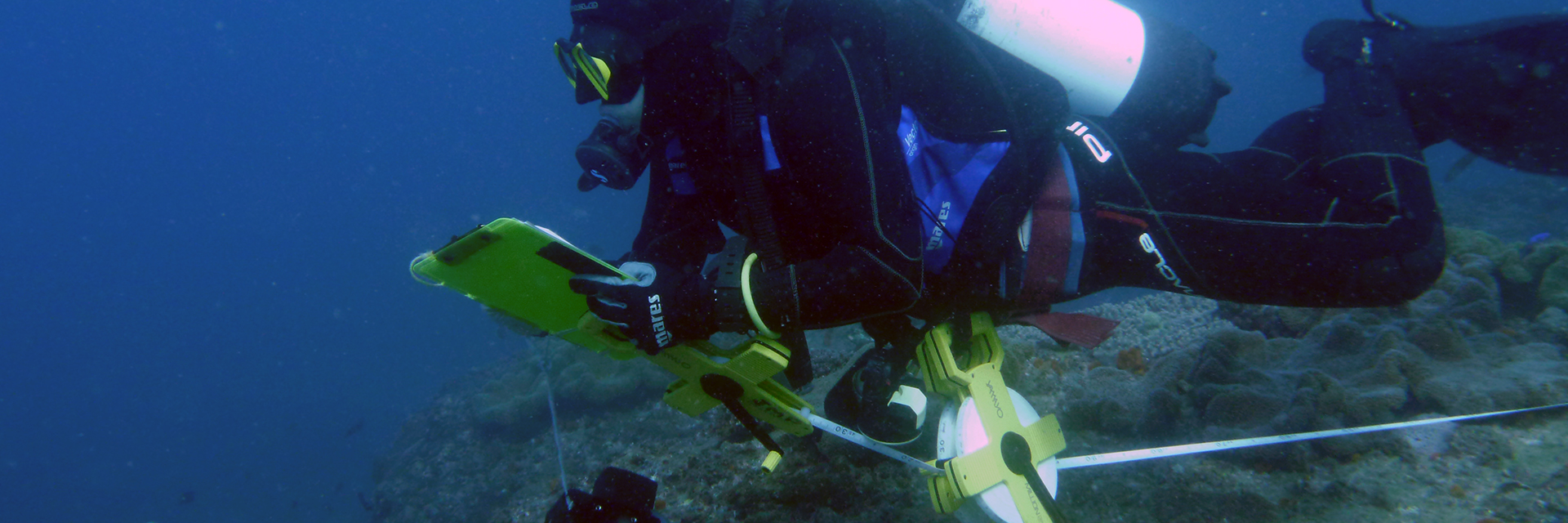

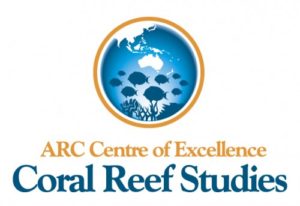

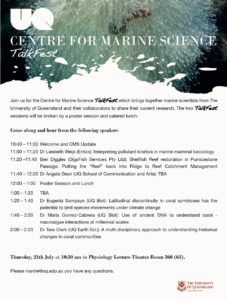

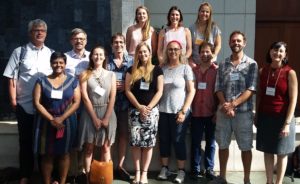
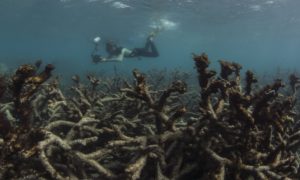

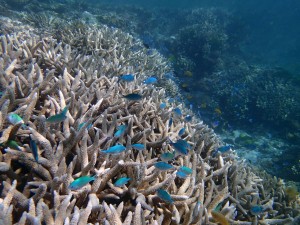
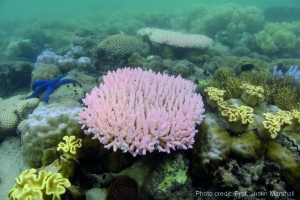
“The coral bleaching event that is wreaking havoc in the northern p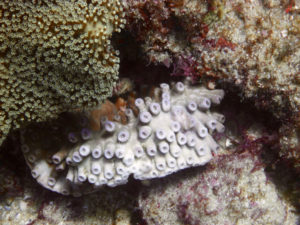 art of the Great Barrier Reef is also being expressed along the subtropical coast of eastern Australia. Preliminary work being conducted in the Solitary Islands near Coffs Harbour in northern New South Wales, led by myself and the ARC Centre of Excellence for Coral Reef Studies, shows widespread coral bleaching with a number of coral genera feeling the heat. The hardest hit corals appear to be the pocilloporids, (Pocillopora in particular, but also Stylophora), and the genus Turbinaria. However, other taxa, such as Porites are also showing substantial bleaching.
art of the Great Barrier Reef is also being expressed along the subtropical coast of eastern Australia. Preliminary work being conducted in the Solitary Islands near Coffs Harbour in northern New South Wales, led by myself and the ARC Centre of Excellence for Coral Reef Studies, shows widespread coral bleaching with a number of coral genera feeling the heat. The hardest hit corals appear to be the pocilloporids, (Pocillopora in particular, but also Stylophora), and the genus Turbinaria. However, other taxa, such as Porites are also showing substantial bleaching.
Of particular concern is that in many places around the Solitary Islands, the two hardest hit corals are two of the most abundant. Moreover, some of the Pocillopora colonies are dying or have already died. Should mortality ensue for these two dominant corals on the reef, Australia’s subtropical reefs could undergo major changes in their biotic composition. On the positive side, many of the hardest hit corals on the Great Barrier Reef, such as Acropora, are showing only minimal stress to the sub-tropical bleaching event.”
For more information on current coral bleaching and more comments from experts please follow the LINK.